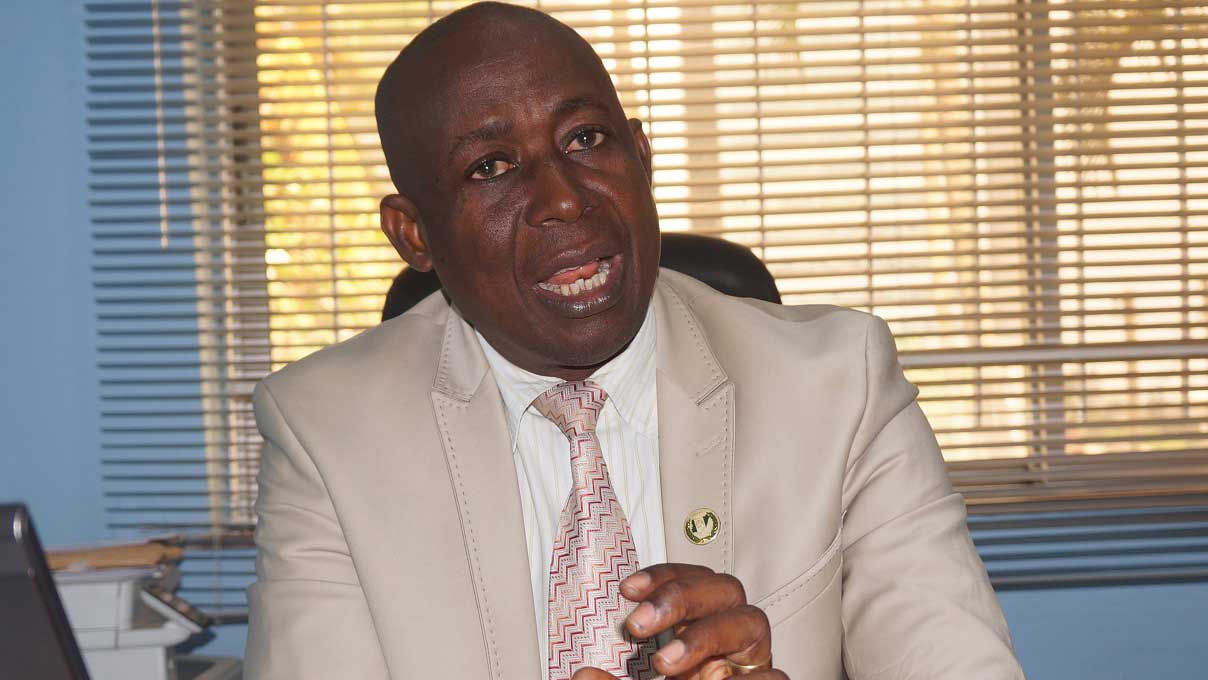
Information and Communications Technology (ICT) and infrastructure development company, PPC Nigeria, has said with the recent advances in cyber-threats as a result of the rising adoption of newer technologies by organisations and several warnings and alerts from the Nigerian Communications Commission (NCC), there is need to upgrade critical security infrastructure in the country.
The Head of the ICT Division at PPC Nigeria, Dr. Patrick Ede, while speaking in Lagos, said cyber-criminals were now using sophisticated tools to take control of outdated IT systems and gain remote access to important customer data.
The implication of this, according to him, is that organisations whose security has been breached will experience disruption of critical operations, loss of revenue and important data.
He stated that the credibility and reputational damage the activities of malicious cyber hackers cause were often irreversible, adding that neglect of vulnerabilities in IT systems would hamper overall business performance.
The NCC’s Computer Security Incident Response Team (CSIRT) issued different security alerts in the past months, urging Nigerians to be wary of five malicious Google Chrome Extensions, compromised apps and vulnerabilities in specific antivirus products that secretly track users’ activities online and compromise their data.
The telecoms regulator said malwares, which have high damage potential, have been downloaded multiple times by unsuspecting people and consequently jeopardising the privacy of users.
“Businesses are confronting new security threats arising from unprecedented global technology adoption and a hybrid work culture. These criminals explore the vulnerabilities in new and existing technology installations to launch their attacks,” Ede said.
He added, “It has become imperative for organisations to rethink how they address security concerns. Regular upgrade of software and hardware infrastructure should be included in cybersecurity measures to minimize risk of breaches. Software is not perfect and threat actors often exploit loopholes.
Therefore, businesses must plan to deploy patches immediately when the vendor announces a security risk.
“While there has been a lot of focus on software updates, physical technology devices such as workstations and servers that are slow or have stopped receiving vendor updates, need to be replaced to mitigate risk of data breaches. Most end-of-life hardware infrastructure is not interoperable with new software installations and as such, the software requires an updated hardware to run it.”
He said PPC Nigeria’s expertise in the deployment of ICT and engineering solutions has assisted several organizations in the public and private sectors to create a secured and collaborative work environment.






